Your 5 Most Asked Questions About Sun Protection

After my recent emails about sun protection and the launch of our revolutionary sunscreen, Antarctic Sun Defense, I was overwhelmed by the many emails that flooded my inbox.
Sun protection can be confusing, and there’s a lot to learn.
You’ve asked, and I’m here to share the answers to the most-asked questions so far!
Question #1: How do I know if my sunscreen protects me from premature ageing?
We understand that achieving a healthy, youthful appearance is a priority for many.
When it comes to determining if your sunscreen protects you from premature ageing, there are a few key factors to consider.
First, check the label for phrases like "broad-spectrum" and "UVA/UVB protection."
We have crafted Antarctic Sun Defence with a robust 50SPF and broad-spectrum protection, assuring optimal protection for your skin’s well-being.
These indicate that the sunscreen shields you from both types of harmful ultraviolet rays that contribute to premature ageing.
Additionally, pay attention to the ingredients in your sunscreen.
For example, Antarctic Sun Defense is formulated with ingredients like Vitamin E, Vitamin B5 and Kakadu plum to further rejuvenate the skin.
Question #2: Is it necessary to wear sunscreen on cloudy days?
Cloudy days may seem like a respite from the scorching sun, but don't be fooled by those sneaky UV rays!
Cloud cover doesn't provide reliable protection against UV radiation, as clouds can scatter and reflect the UV rays, allowing them to reach the Earth's surface.
In fact, on some cloudy days, the intensity of UV radiation can be just as strong or even stronger than on clear, sunny days.
This is particularly true in certain geographic regions or at higher altitudes where UV levels may be more intense.
Moreover, UV rays can penetrate through windows, so even if you're indoors or in a car, you're still exposed to UV radiation.

Question #3: Can I use any sunscreen on my sensitive skin without causing irritation?
When it comes to sensitive skin, it's important to note that not all sunscreens are created equal.
While some sunscreens may contain harsh ingredients or fragrances that can potentially cause irritation, there are options available specifically formulated for sensitive skin.
This skin type requires special attention when it comes to sunscreen selection.
For sensitive skin, look for sunscreens labelled as "hypoallergenic" or "gentle”.
The good news is that Antarctic Sun Defense works magic for sensitive skin because of its soothing formula!
Say goodbye to redness and discomfort and hello to a whole new level of sun-kissed bliss.

Question #4: Can I use sunscreen with a lower SPF if I have naturally darker skin?
Having naturally darker skin provides some inherent protection against the sun's rays, but it doesn't make you immune to sun damage and it can still contribute to skin cancer.
UVA rays, which contribute to skin damage and premature ageing, can still affect people with darker skin.
The sun shines on all of us, regardless of our skin tone, and understanding the nuances of sun protection is vital for everyone, so it’s always worth it to use sunscreen with high SPF.
Question #5: How much sunscreen should I apply, and how often should I reapply it?
Determining the right amount of sunscreen to apply and how often to reapply it can be confusing.
Experts generally recommend applying enough sunscreen to cover all exposed areas of your body thoroughly.
As a rule of thumb, use about 30 millilitres to cover your entire body.
Reapply sunscreen every two hours, or more frequently if you are sweating or swimming.
I hope that these answers helped you to understand some of the commonly misunderstood questions regarding sun protection.
If you have any further questions or need personalised advice, please don't hesitate to reach out to me via email.
 Passer au contenu
Passer au contenu

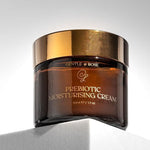
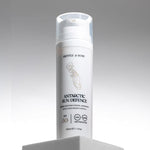
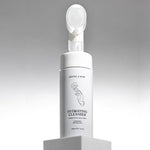
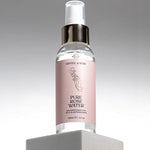

Laissez un commentaire
Veuillez noter que les commentaires doivent être approuvés avant d'être affichés